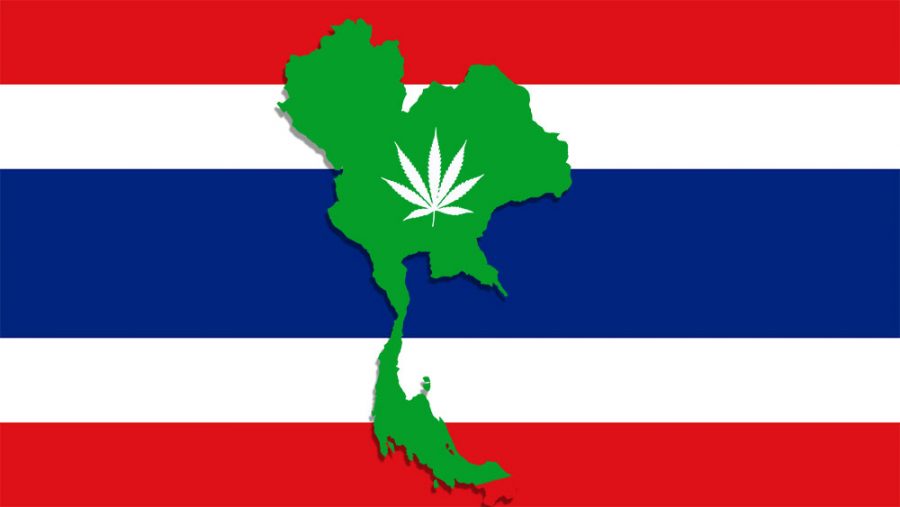Thai families are now allowed to grow six cannabis plants at home
Thai households have been informed that they can now cultivate six cannabis plants as a means of supplementing their income. The news comes courtesy of the nation’s health minister, who has relaxed the rules in an effort to promote the commercial use and benefits of cannabis.
Back in 2018, the Kingdom of Thailand became the first Southeast Asian region to legalize cannabis for medical purposes. Despite growing acceptance of the plant, the palm tree-speckled country continues to prohibit recreational use of the plant.
This is according to Thailand’s Deputy Premier and Health Minister Anutin Charnvirakul. He released an official statement on Friday, March 5 at an educational expo 400 kilometers northeast of Bangkok in Buriram.
“[Cannabis] and hemp are both economic crops and it provides a new option for locals to generate revenue. We are trying to ease restrictions to allow the public easier access to the plant, but please cooperate and use it correctly,” said Anutin, who was elected as minister in 2019. His campaign centered heavily around cannabis legalization.
Cannabis in Thailand: Flowers and seeds are still bound by country’s criminal code
Although restrictions on Thailand’s cannabis laws are continuously being lifted, it’s important to note that the country’s criminal code still prohibits residents from holding on to any flowers and seeds grown at home.
Since these plant components are still listed in Thailand’s criminal code – mainly because they are renowned for being potent in psychoactive compounds – such products of the plant should be sent directly to state medical facilities.
Conversely, other parts of the cannabis plant are more widely accepted. For example, in December 2020, cannabis fiber, leaves, branches and hemp plants were decriminalized. As a direct effect of this, they have since been permitted for use in cosmetics and food products.
As per Thailand’s new cannabis cultivation rules, families will now be able to establish communities that will cultivate and supply cannabis crops to state facilities and public hospitals. Conversely, the crops may be used for cosmetics and food production to stimulate overall revenue for the Kingdom.
Cannabis in Thailand: Medical segment could generate billions for pharmaceutical industry by 2025
Within the next four years, experts predict that the Thai pharmaceutical industry could be bulked up by an additional 8 billion baht, thanks to the introduction of cannabis-based medicinal products. This prediction was put forward by Ravissa Suchato — an economist at Kasetsart University’s Agricultural and Resource Economics Department.
She recently told reporters that as much as 1.2 billion baht worth of medical cannabis in Thailand was consumed last year. Her findings were gleaned from a study that she led on the economic repercussions of commercial cannabis cultivation in Thailand.
“We believe [cannabis] has great potential as a cash crop because more patients will start using cannabis-based drugs soon,” said Ravissa, whose estimates are based on the average consumption of medical cannabis in Thailand rising as anticipated by 2025.
In regards to Thailand’s pharmaceutical industry as a whole, the sector is valued at 177 billion baht, which is equivalent to around USD $5.7 billion. With this in mind, Thailand pharmaceutical industry is the second-biggest in the ASEAN region (after Indonesia) and could undergo significant growth with cannabis-based medicinal products in the picture.








